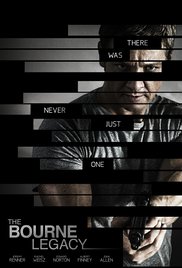 Never tell a studio that their golden goose is finished laying eggs. Matt Damon may have decided to hang up his gun, but after scaring up nearly $945 million worldwide at the box office over the course of three movies, it was never a question of if there would be another Jason Bourne movie, but when. Universal didn’t have to wait very long to find their man, either; after wowing critics and audiences with his portrayal of the slightly unhinged explosives disposal agent in “The Hurt Locker,” Jeremy Renner was quickly primed for the action circuit, culminating in the impressive trifecta of “Mission: Impossible 4 – Ghost Protocol,” “The Avengers,” and now as Damon’s heir apparent in “The Bourne Legacy.” It goes without saying that he’s up to speed on how to kick ass on screen. The real question is: can he make people care about another spy on the run?
Never tell a studio that their golden goose is finished laying eggs. Matt Damon may have decided to hang up his gun, but after scaring up nearly $945 million worldwide at the box office over the course of three movies, it was never a question of if there would be another Jason Bourne movie, but when. Universal didn’t have to wait very long to find their man, either; after wowing critics and audiences with his portrayal of the slightly unhinged explosives disposal agent in “The Hurt Locker,” Jeremy Renner was quickly primed for the action circuit, culminating in the impressive trifecta of “Mission: Impossible 4 – Ghost Protocol,” “The Avengers,” and now as Damon’s heir apparent in “The Bourne Legacy.” It goes without saying that he’s up to speed on how to kick ass on screen. The real question is: can he make people care about another spy on the run?
In truth, he’s actually a more interesting character, though “Legacy” has its work cut out for it in other areas. Director and screenwriter Tony Gilroy comes up with a compelling story (he’s had a hand in writing all of the “Bourne” movies, so that comes as no surprise), but there is a sameness of the plot structure that causes a bit of a disconnect. Haven’t we seen this movie before? Yes, we have, but it’s still a well made thriller.
The story slightly overlaps with the ending of “The Bourne Ultimatum.” As the CIA goes into clampdown once the world discovers that they have been doing top-secret studies involving genetically enhanced spies. They ultimately decide to burn all of their similarly themed programs (and there are several) to the ground, killing any and all agents. Aaron Cross (Renner), though, survived the government’s attempt on his life, but his clock is ticking in more ways than one; he and his fellow program volunteers need a regular dosage of two special medications in order to function at their now-normal levels, and Aaron is all but out of pills. He hunts down Dr. Marta Shearing (Rachel Weisz) in the hopes that she can fix him up, but he quickly discovers that she’s a target as well. Run, doctor and spy, run!
This may share a title with Eric Van Lustbader’s 2004 novel (he took over the reins after “Bourne” creator Robert Ludlum died in 2001), but the lack of a Jason Bourne in this “Bourne” movie forces Gilroy to take the ‘legacy’ aspect of the story in a different direction. The one smart thing that Gilroy does with the “bad guys” (the CIA) is that he has them acknowledge that what they’re doing to their own people is indefensible, yet necessary. As we watch government employees have brainstorming sessions about how they will smear an innocent person, it’s surprisingly easy to accept their rationale. That’s a pretty terrifying thought, really, which is why Gilroy deserves credit for making a tough pill so easy to swallow.
Gilroy also receives some invaluable assistance from Edward Norton as Colonel Eric Byer, who’s running point on the manhunt for Cross. He rarely speaks above normal conversational tone, and yet he is always the most powerful man in the room. It’s his best work in years. Weisz is the damsel in distress with a doctorate, and yet it’s tough to complain about how they handled her. There are times when she tries to help Aaron and fails, but that is exactly what would happen in real life. Then there is Renner, who doesn’t suffer from any of the personality loss that plagued poor Jason Bourne. He asks questions, he considers the consequences, and he gets angry sometimes. Gilroy must have loved finally giving his hero some emotion.
He probably also regretted the trappings that come with a “Bourne” movie, such as the cat-and-mouse games, the massive conspiracy, and of course the gargantuan chase scene. Gilroy keeps the cameras steady until the very end, when an unnecessarily long motorcycle chase through Manila looks like it was guest directed by “Bourne Supremacy” and “Bourne Ultimatum” director Paul Greengrass (read: lots of vertigo-inducing shaky cam). It’s all a bit too much, though it admittedly ends with a bang.
“The Bourne Legacy” shares a sentiment with a couple of other movies released this year (“American Reunion,” “Men in Black 3”) in that it was not at all necessary, yet still enjoyable. That might be damning the movie with faint praise, but considering the lengths that Universal is going in order to keep the Bourne cash cow mooing – really, everything about the movie’s existence is pretty damn cynical – they would be wise to take any praise people are willing to give them. They get a pass this time, but they’re going to need to raise the stakes for the next one.
 (3.5 / 5)
(3.5 / 5)




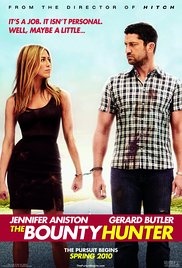
 (1 / 5)
(1 / 5)

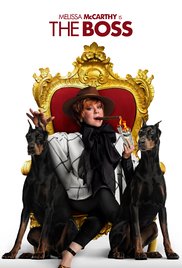
 (1.5 / 5)
(1.5 / 5)
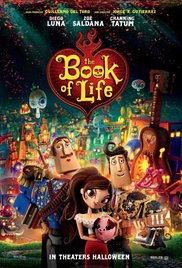
 (3 / 5)
(3 / 5)

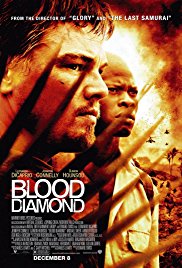
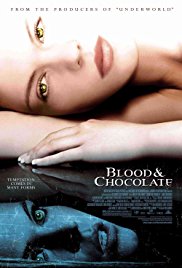
 (2 / 5)
(2 / 5)
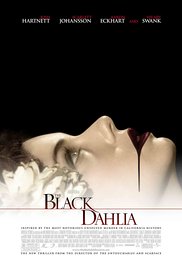
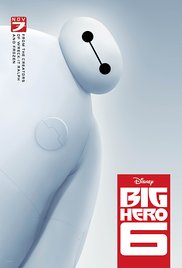
 (4 / 5)
(4 / 5)